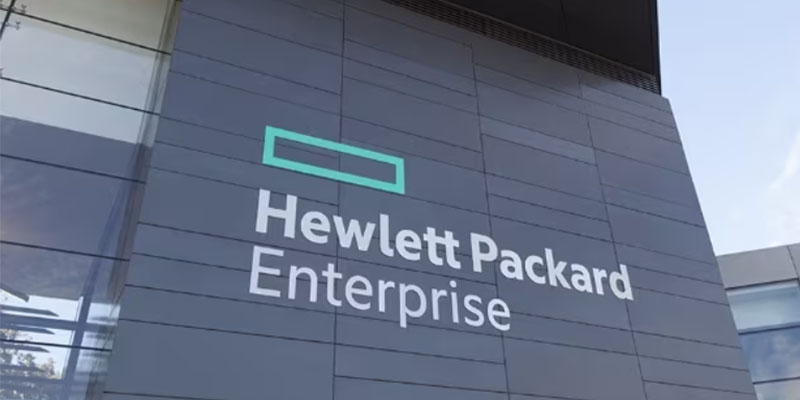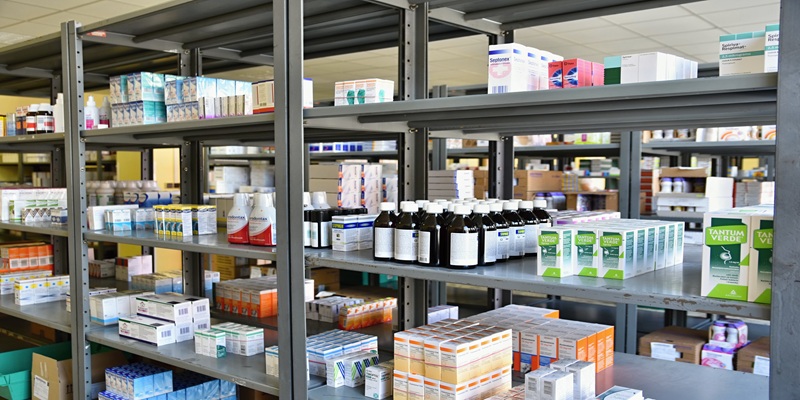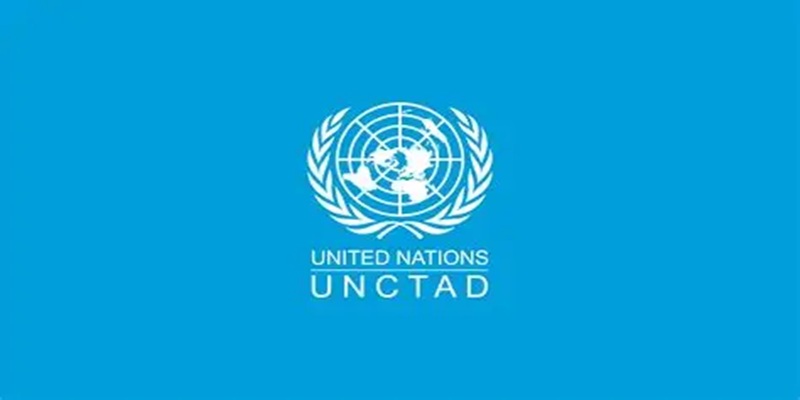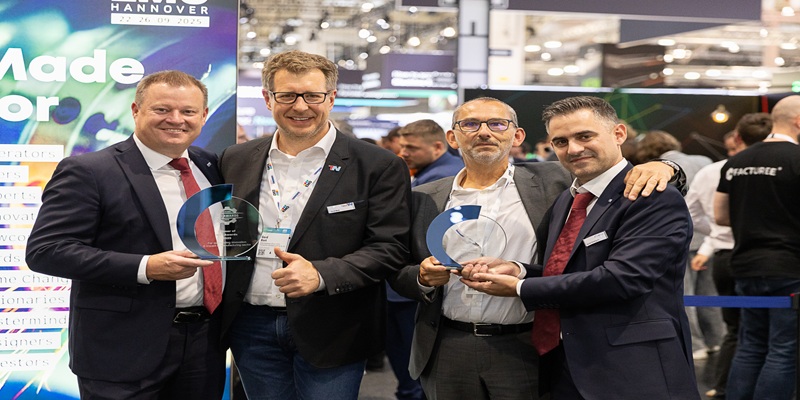Schedule a Call Back
HP pursues Indian PC manufacturing growth through PLI 2.0
 Industry News
Industry News- Sep 04,23

Related Stories

Sun Pharma Eyes US Expansion Amid Tariff Uncertainty, Strong Q2
India’s top drugmaker posts solid Q2 results; weighs US factory expansion
Read more
India Sees Slump in Greenfield Projects in Manufacturing: UNCTAD
India has witnessed a significant decline in greenfield manufacturing projects as global foreign direct investment (FDI) dropped in the first half of 2025, with tariff uncertainty exacerbating the s..
Read more
India Approves Rs 55 Billion in Projects to Boost Electronics Components Manufacturing
The Indian government has approved seven key projects worth over Rs 55 billion to enhance domestic electronics components production.
Read moreRelated Products

Integrated Electric Gripper S Series
IBK Engineers Pvt Ltd offers a wide range of integrated electric gripper S series.

Geared Electric Motors
Delco Fans Pvt Ltd offers single phase capacitor run and three
phase geared Instrument motors, totally enclosed face/foot mounted.

“Kusam-Keco” Partial Discharge Acoustic Imager - Model - Km-pdai
‘Kusam-Meco’ has introduced a new “Partial Discharge Acoustic Imager Model KM-PDAI.
















